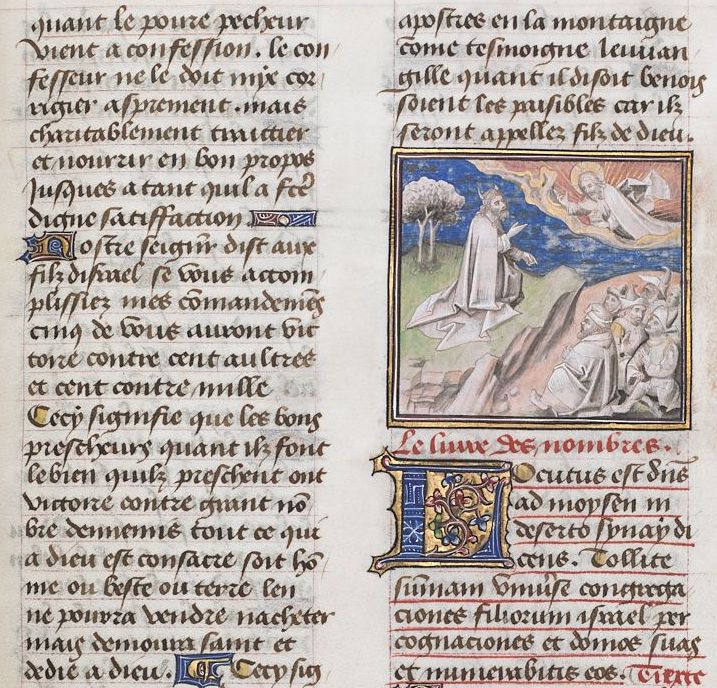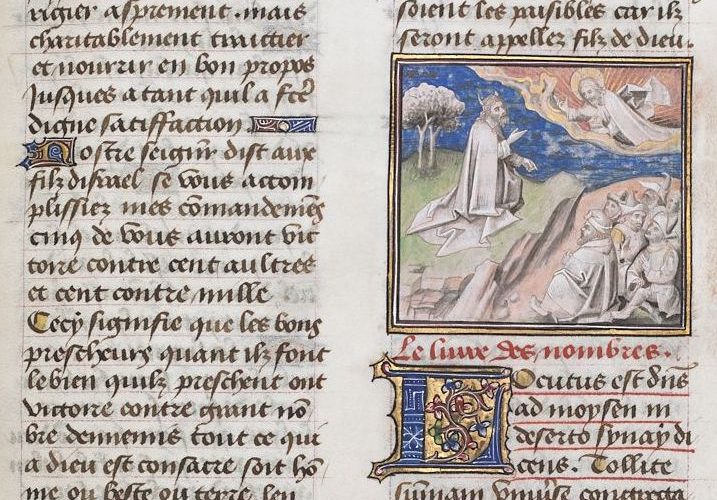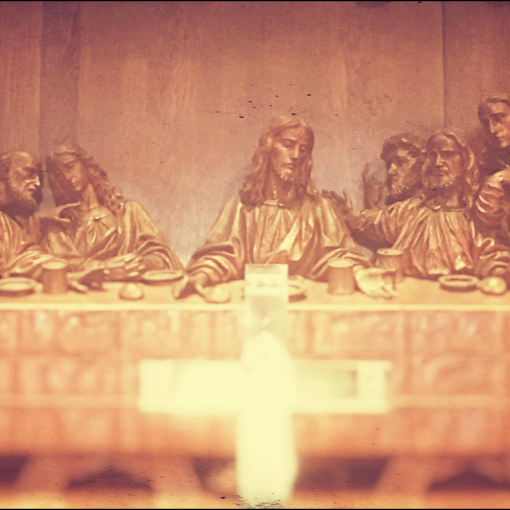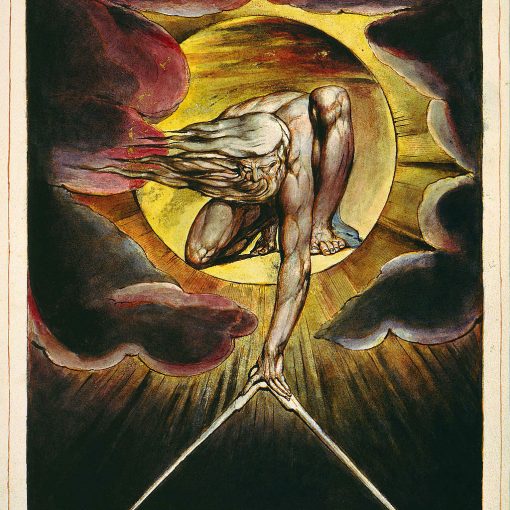This is an entry in the “Acrostic Contemplations.”
Trust is the “firm belief in the reliability, truth, ability, or strength of someone or something; confidence or faith in a person or thing, or in an attribute of a person or thing.” So says the Oxford English Dictionary. While time is often talked about as the rarest commodity, today it must be trust. We can blame it on social media, “fake news,” greed, politics, infidelity, or simple selfishness (which is at the root of them all), but whatever the reason, today there is a paucity of trust in society. It can be seen in the work place, where staff have no reason to believe that their bosses have their best interests at heart. In the news there are so many competing and contradictory claims that a thoughtful reader or viewer is excused for simply not believing any reports, assuming all must be equally wrong. Police abusing their authority with lethal consequences. The abusive behavior of clergy, across all religions and denominations, means that our communities of faith are no longer true sanctuaries. No one can be trusted, no not one.
The consequences of feeling that no one and nothing can be trusted are devastating and deadly. In the US, we just passed the gruesome milestone of one million (1M) deaths related to COVID. Immediately some will start to question this statistic, asking does that mean that died from COVID or that they had it when they died? While it is intellectually reasonable to ask such questions, it arises from and feeds this sense that no source of information can be trusted. Perhaps the most tragic statistic within that million deaths statistic is that over 400,000 deaths came after the vaccine was available in the US. The unwillingness to trust scientists, the government, and politicians has caused thousands, if not hundreds of thousands, of people to die from something that is preventable.
More and more it seems that the lack of trust in leadership is at the root of many of our problems today. Which is not to say that the problem is the lack of trust. There are often good reasons for people not to trust those in leadership. This is why we must be discerning and critical in life, we must shrewd as a serpent yet innocent as a dove. No, it is the commodification of that lack of trust that is the cancer spreading through the body politic. Members of the media and politicians, any who seek to increase themselves at the expense of others, have learned that they can exploit those genuine breaches of trust in order to build an entire kingdom by insisting that they alone can be trusted. And that is the irony, it is not so much that we are lacking in trust, it is that we are putting our trust in the wrong people. Still, we must have some amount of trust to live and move and have our being in this life.
Every day, if we are to live in and engage in this world, we must have trust in the people and the things around us. There was a meme going ‘round about the COVID vaccine, showing a bridge. The person on the side of the raging river said, “The bridge is only 99.95% effective so I will swim.” To head out into the flow of traffic, we have to trust in other drivers, the roads, the bridges, the safety system, and operate under the assumption that they will do the job for which they were designed. Sometimes they fail and the results can be deadly, catastrophic even. So we must be cautious, vigilant, but to be a healthy person, we must still get out and engage in the world.
During the efforts at nuclear disarmament, Ronald Reagan used to say that we must “trust, but verify.” I just learned today from Wiki that this is a rhyming Russian proverb: Доверяй, но проверяй, Doveryay, no proveryay. It was apparently taught to Reagan by an American Scholar Suzanne Massie. So in working with one of history’s most notorious nations for disseminating propaganda and falsehood, he used their own proverb to hold them to account. It is a sound and reasonable approach to life. I won’t take just any injection or prescription offered to me, for example. I ask questions first. What are the pros and cons, the benefits and the side effects? I have gotten to know my doctor over the years and I have learned to trust him because of my experience with him. Still, when he suggests I go on a new medication, we have a discussion and we consider thoroughly what is the best course of action for me. I don’t go and do all of the scientific research and testing myself, I am not qualified to do that. If I had doubts, I might, as they say, “get a second opinion,” but that would be from another physician, not a radio show host or a pastor.
How do we engender trust, trust in those who deserve our trust? How do we restore, rebuild, and acknowledge the need for trust?
It is interesting that upon checking two of the most popular Bible dictionaries in English, The Anchor Bible Dictionary and Eerdman’s Dictionary of the Bible, I found that neither had an entry for “trust.” That seems to me, a surprising omission. Trust is a strong and recurring theme in Scripture, albeit not an unproblematic one, just as it is a foundational concept in everyday life. In my mind, I still hear the song from childhood, “Trust and obey, for there’s no other way, to be happy in Jesus, but to trust and obey.” Today, I have a more complicated view of trust and obedience that this song enjoins, but the fact remains, throughout Scripture we are called to trust in God.

An entire book could be written (and many have) on this theme in the Bible, but for now, it is worth noting that in the first instance where we reasonably translate the word “trust” it is God providing evidence for why Israel should believe in and follow Moses. [mfn]In Hebrew, what is normally translated as “trust” in English is the Hiphal of *אמן in the Pentateuch and Job, while we find the Qal of *בטח throughout Psalms, Proverbs, and prophets (specifically Jeremiah and Isaiah).[/mfn]
Ex. 19:9 Then the LORD said to Moses, “I am going to come to you in a dense cloud, in order that the people may hear when I speak with you and so trust you (יַאֲמִינוּ) ever after.”
God is offering to Israel a visible and tangible reason (a bit of FX) to trust that Moses is indeed God’s prophet. From this point onwards, we find Moses, the Psalmists, and the prophets all reciting the actions of God to save and deliver his people from Egypt and slavery. Wisdom literature urges us not to trust in our own strength, understanding, or the values and priorities of this world. We are called to trust in God, in faith, but also because of what God has done throughout history and in our lives. The basis for our trust in the present and future is the evidence of past fidelity.
This past week, I just completed two years as the interim dean of our college, a position I assumed after my predecessor was removed. It was a painful and traumatic transition and as a result my colleagues, our faculty and staff, felt they could not trust university leadership, the leadership that had placed me in charge of their future careers and wellbeing. So why should they trust me? I took a pragmatic approach. My position simply became this: “You don’t trust me. Fair enough. Hold me accountable to the rules and regulations. You don’t have to trust me, watch my actions, hold me accountable. Over time, I hope you will grow confident that I am doing what is, at the very least, in keeping with our established rules.” None of that addresses motivation or intent, of course. I sought not only to do what was in keeping with the rules and policies, but what was also in the best interests of the college. But we needed to start somewhere and if we can demonstrate to one another that we are not skirting the policies and procedures that have been created by our community, then that may form the foundation of trust upon which we can build collaborative, healthy, and productive relationships.
How do we engender trust, trust in those who deserve our trust? How do we restore, rebuild, and acknowledge the need for trust? We must demonstrate it in what we do; an examination of our actions should clearly show our integrity. We must insist on the evidence of that faithful work in ourselves and in one another.
…
Postscript: This was a particularly difficult essay to craft and wrap up. There is so much more to be said that there is a book here. For example, it is one thing to talk about building trust, to talk about what we can do to engender trust in one another, but what do we do with folks who insist on preying and profiting off of the (unmerited) trust of others? How do we balance a savviness when examining complicated and controversial issues? How do we determine who to trust? I haven’t even touched on such matters.






2 thoughts on “T is for “Trust””
Thanks for this. I also wrote on trust earlier this month – a fifth letter to my children. https://meafar.blogspot.com/2022/05/5-trust.html
Thank you Bob, this is excellent.